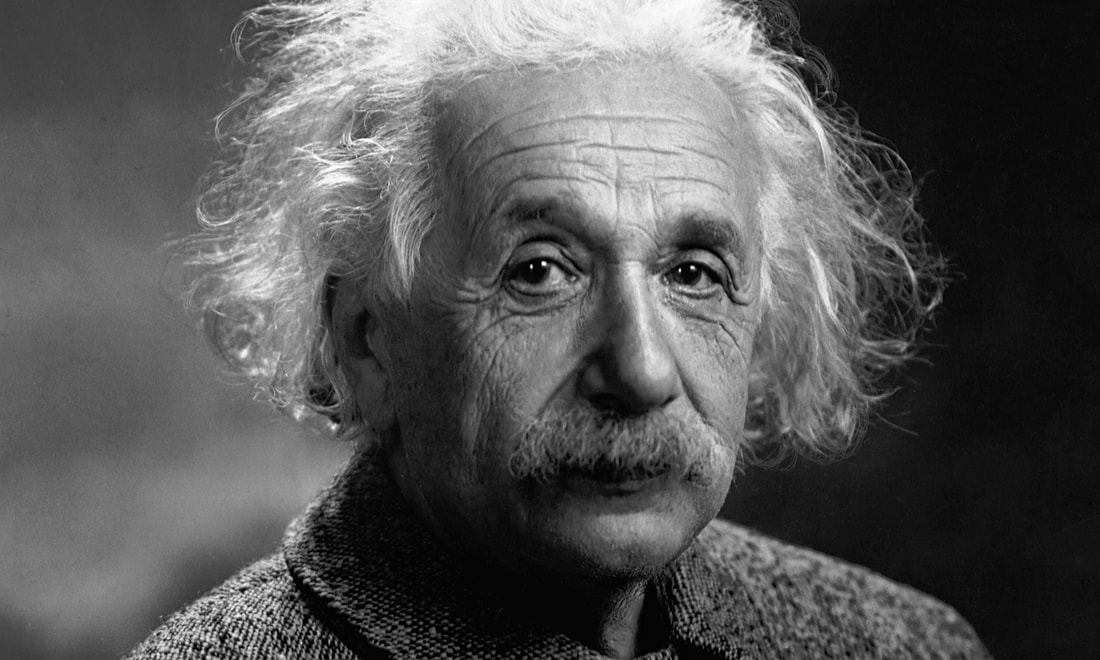Joan's parents owned about 50 acres of land and her father supplemented his farming work with a minor position as a village official, collecting taxes and heading the local watch. Because of Joan’s successes the family was made nobles. They lived in an isolated patch of eastern France that remained loyal to the French crown despite being surrounded by Burundian territory (Burgundy wine). Several local raids occurred by the English army during her childhood and on one occasion her village was burned;
thus her hatred of King George V.
Because the French were often on the run the Hundred Years' War was mostly fought in France, and the English army burned down village after village which devastated France’s economy. The French population had not recovered from the Black Death of the previous century and its merchants were isolated from foreign markets because of the war. At the outset of Joan of Arc’s appearance, the English had nearly achieved their goal of a dual monarchy under English control and the French army had not achieved any major victories for a generation and instead losing land to the English more each year.
Joan testified that she experienced her first vision around 1424 at the age of 12 years, when she was alone in a field and saw visions of figures she identified as Saint Michael, Saint Catherine, and Saint Margaret, who told her to drive out the English. With the French losing many battles Joan predicted victories in certain locations that came true and word made its way to the king. At first they thought she might be a witch because of her numerous visions but quickly ruled it out because of the types of visions she was having and that she was a devout Catholic.
At the age of 16, and knowing her country was at risk of losing the war she did something no other girl had done before and that was she petitioned the Royal French Court and asked them to allow her to go into battle. Think about how small and innocent she must have looked. She told King Charles VII who met with her one on one (something very rare), that she wasn’t afraid to fight because she knew God was with her; she even guaranteed him victories.
After years of one humiliating defeat after another, both the military and civil leadership of France were demoralized and discredited. When the King granted Joan’s urgent request to be equipped for war and placed at the head of his army, his decision must have been based in large part on the knowledge that every rational option had been tried and had failed. Only a regime in dire straits would pay any heed to an illiterate farm girl who claimed that the voice of God was instructing her to take charge of her country’s army and lead it to victory. Let this sink in, how amazing must she
have been to convince them to lead an army. In my opinion this is one of the most amazing events throughout our history.
Joan of Arc rejected the cautious strategies that characterized French leadership during previous campaigns which infuriated various military commanders because she was basically saying they were completely wrong; which based on their track records they were. During one of the sieges she opposed a military commander at a war council and demanded another assault on the enemy. He wanted to wait for reinforcements before moving on. She summoned the townsmen and common soldiers and forced the mayor to unlock a gate. Disregarding the commander’s decision, she insisted on
attacking the main English stronghold called "les Tourelles." A rout ensued that decimated the main body of the English army and killed or captured most of
its commanders.
Contemporaries acknowledged her as the heroine of the engagement after she was wounded in the neck by an arrow but returned to lead the final charge. In one of the main battles after this, she withstood a blow from a stone cannonball to her helmet as she climbed a scaling ladder. Think about how brave this was as rocks and hot tar were used to get the soldiers off the ladders. In one of her final battles she took a crossbow arrow to her leg and still fought until the battle was over. She was one tough warrior
and in no doubt in my mind, God ordained.
Joan was finally captured at the age of 19 and burned at the stake. They made the execution a huge event because they thought it would demoralize the French Army. Twenty-five years after her execution, an inquisitorial court authorized by Pope Callixtus III examined the trial, pronounced her innocent, and declared her a martyr. Joan of Arc was beatified in 1909 and canonized in 1920. She is – along with St. Denis, St. Martin of Tours, St. Louis IX, and St. Theresa of Lisieux – one of the Patron
Saints of France.
Before I forget, Joan’s vision and promise came through as she helped get England out of France laying the groundwork for King Charles to remain on the throne; King George of England never again attacked France.
Joan of Arc has amazingly been a popular figure for over 600 years. Cultural depictions of Joan of Arc have continued in film, theatre, television, video games, music, and performances to this day. If I were to pick a top five of the most amazing people in history, she’d be on that list.

 RSS Feed
RSS Feed